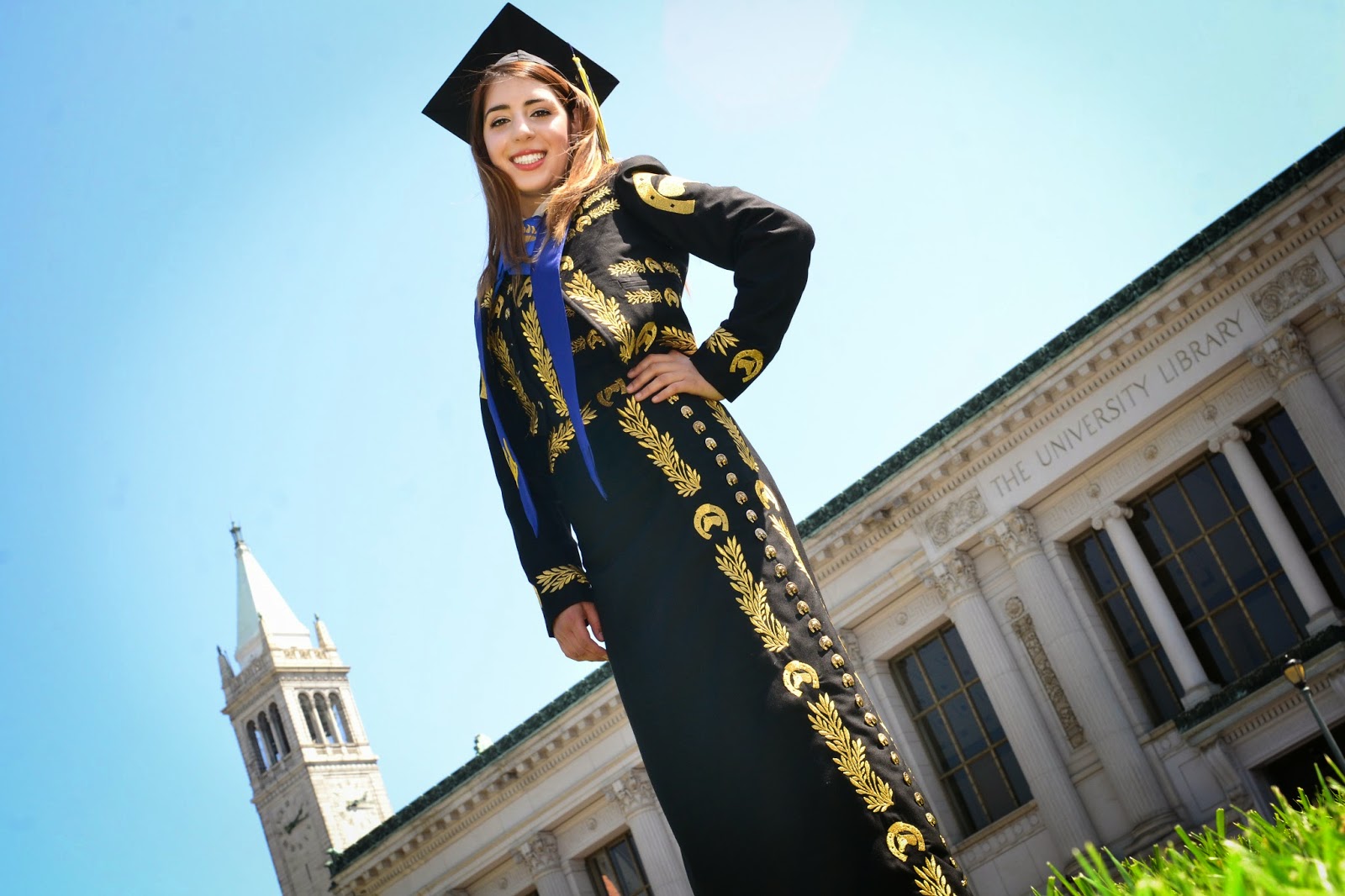
Soul-Searching
Coming to Cal was an experience like no other. First generation college student, parents without a high school degree and no understanding of how to navigate the education system. The journey of these last four years is close to an end. In less than 4 days I'll be walking the stage, receiving my B.S. in Business Administration and minor in Disability Studies. However, my experience cannot be defined by these two titles.
Each semester was a new experience. One where I learned something different and challenged myself in ways I did not believe possible. This semester, this course represented that challenge. It was a soul-searching semester where the goal was to 'find myself' and find 'answers' to the many personal and family challenges I faced while in college.
Through this course I understood not only myself a bit better, but my parents. Mascaras. I finally understood the mascara my father wears every day. I was always aware of it, never understood it, but always resented it. "No es nadie senor, solo yo." My mother. The moment I read this, I thought of my mother. I never understood why she consistently devalued herself and undermined her importance. Now that light has been shed on both issues and many others tied to the Mexican identity, I've been working towards breaking these
cycles with my family. Attempting to not only understand but break these barriers.
Art work. Never in my life did I think I'd be creating art pieces in college. Some of the most tense moments this semester were spent trying to figure out what art piece to do. However, that tension went away as soon as an idea came and paper and pencil/chalk touched. Tension rapidly turned into soothing relaxation and concentration. Playing my vihuela and singing had always been my outlet of expression. However, I'm glad to have found another art form that brings peace of mind and will continue to use.
Lastly, Chavela. As a mariachi I've played and performed many of these songs countless times. Nevertheless, my focus was always on the vihuela and never on singing the song and understanding the meaning of the song. Through this course I learned to stop. To stop and think about what each word meant. How each word changed the meaning of the song and what the song meant to me.
I could go on and on about the experiences I've had in this course. Some of frustration, but many times of enjoyment and enlightenment. I truly enjoyed singing and performing the ranchera songs in class and during the two fiestas. Tony, I hope you enjoyed the music as well. It was truly a pleasure being in this course and I thank you for having created it. This was the cherry on top to my experience at CAL, bringing these four years to a closure.















